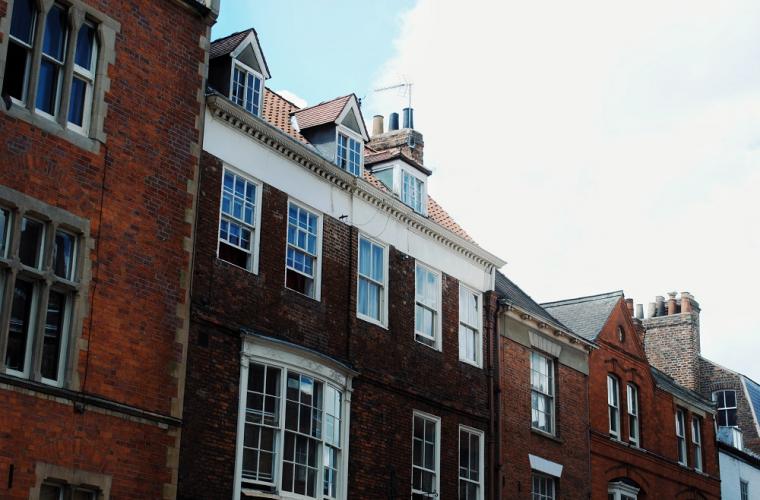Slow progress insulating homes leaves fuel poverty targets in jeopardy, costing billions and contributing to climate change.

Slow progress insulating homes leaves fuel poverty targets in jeopardy, costing billions and contributing to climate change, councils warn today.
Councils are calling for a new local approach as the flagship energy efficiency scheme supported just 60,000 homes in 2022, down from almost half a million homes in 2013.
New analysis by the Local Government Association (LGA), which represents over 300 councils in England and Wales, found the failure to match installation levels of 2013 in the following years has cost households £2 billion in lost lifetime bill savings.
The analysis also found that on current trends:
- 2.4 million fuel poor homes will be left without help from the scheme by 2030, the target date for ending fuel poverty
- It would take 50 years to deliver loft insulations to all fuel poor homes needing it, and almost 60 years to deliver wall insulation improvements, while the net zero target is just 27 years away
- New boilers account for one in four measures, more than all loft and cavity wall insulation measures combined, which is not sustainable long-term
Without reform, the Government’s new Great British Insulation Scheme will suffer the same fate.
The LGA is calling for accelerated action to rapidly retrofit all social and fuel poor homes. It is arguing that schemes should be devolved to councils to locally target projects to insulate homes and support businesses.
Its new report launched today proposes to focus on tackling fuel poverty as the foundation for cutting emissions across all homes and buildings, as well as promoting health and tackling the cost of living.
Research shows locally-led approaches to tackling climate change will cost three times less and deliver twice the financial returns than a nationally controlled approach.
Cllr Linda Taylor, environment spokesperson for the LGA said: “Retrofitting more homes is a practical, sustainable and economically responsible solution to raise housing standards and cut bills.
“National climate action is essential. But the complexity of supporting retrofitting in our 51 cities, 935 towns and 6,000 villages cannot be managed from a Whitehall desk, and the national schemes are struggling.
“It is now time to shift to a locally led approach, which would mean councils can target the homes that need the support most, while working with local businesses to build skills and growth.”
